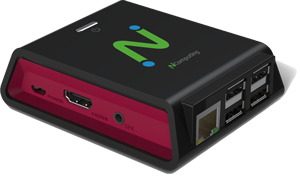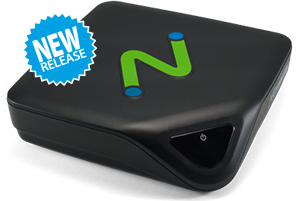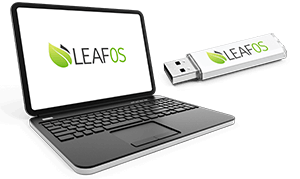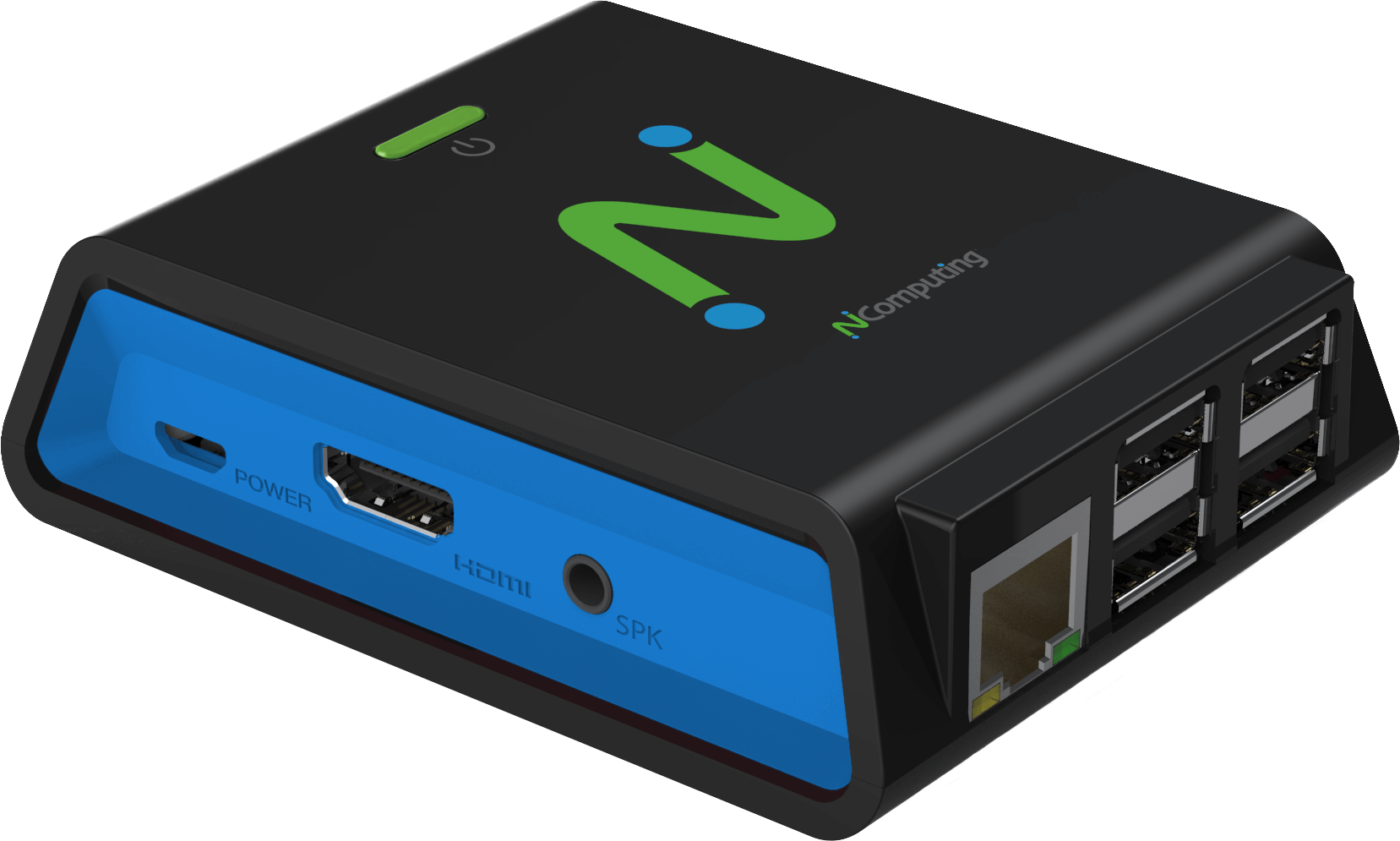Vancouver Community College Streamlines IT with LEAF OS

Overview
Vancouver Community College (VCC), one of British Columbia’s largest public post-secondary institutions, faced the challenge of managing a large, aging fleet of nearly 2,400 Windows-based computers. Spread across classrooms, labs, and administrative offices, these machines varied widely in age and capability, placing increasing strain on the college’s IT resources.
Budget constraints, Windows 10 end-of-life and rising hardware replacement costs prompted VCC to rethink its approach to endpoint computing. The college sought a solution that could streamline desktop management, reduce the IT team’s workload, and support its broader goals of sustainability and digital modernization.
To address these needs, VCC partnered with Microserve, an NComputing Authorized Reseller, to explore alternatives to full system replacements. The team began evaluating LEAF OS, a lightweight, Linux-based operating system designed to repurpose existing PCs and laptops as efficient, virtualization-ready thin clients. The goal was to determine whether this approach could meet performance, manageability, and usability expectations—without the expense and disruption of a traditional hardware refresh.
Challenges
Vancouver Community College operates in a fast-paced educational setting where the technical skill level of students and staff ranges from novice to advanced. The IT team managed a diverse fleet of desktops and laptops, with devices ranging in age from brand new to nearly eight years old.
Amid growing demands and limited budgets, the college saw the need for a more sustainable desktop strategy. Managing standalone Windows machines without centralized oversight led to time-consuming maintenance, inconsistent security patching, and compliance concerns. Reducing support volume in campus labs became a priority, especially given the high number of daily service requests. Additionally, the college aimed to extend the life of aging devices, reduce the overhead of maintaining Windows installations, and ensure compatibility with its Microsoft Azure Virtual Desktop (AVD) infrastructure.
Proof-of-Concept: A Staged Success
The college’s deployment followed a well-executed three-phase Proof-of-Concept (POC):
- Initial Trial: LEAF OS was installed and tested on a select number of laptops within the IT team.
- Phase 2: The IT team converted a full computer lab from stand-alone Windows PCs to LEAF OS thin clients for student use.
- Phase 3: Three additional labs followed as confidence in the solution grew.
What made the POC an apparent success? According to Rick Smith, Associate Director of IT Service Management at VCC, “We left LEAF OS installed in the labs for several months and had zero support calls for those areas during that time. Our team encountered no issues during testing, and the stability, simplicity, and low maintenance of LEAF OS quickly proved its value in a demanding, real-world education setting.”
Solution Details
- Software: LEAF OS by NComputing
- Virtualization Platform: Microsoft Azure Virtual Desktop (AVD)
- Endpoint Management: PMC Endpoint Manager
- Repurposed Devices:
- Lenovo M-Series desktops (from M700 through current)
- HP Pavilion desktops (8 years old)
- Lenovo T and L Series notebooks (up to 6 years old)
With LEAF OS, VCC addressed long-standing security and maintenance issues. Devices were transformed into secure, efficient thin clients featuring a read-only operating system, no local user data storage, and complete lockdown of local resources—dramatically reducing risk exposure and simplifying compliance.
Using PMC Endpoint Manager, VCC’s IT team can now provision devices remotely, push real-time software updates, and provide remote shadowing for support and troubleshooting—all without physically visiting labs or classrooms. This has made ongoing endpoint maintenance significantly more efficient.
VCC also transitioned away from its legacy Citrix environment, citing rising costs and inconsistent performance. Their move to Microsoft Azure Virtual Desktop (AVD) offered a more cost-effective, stable, and scalable solution that aligned with their broader digital modernization goals. As a Microsoft-centric institution, VCC now benefits from full integration with SSO and FIDO-based authentication, simplified identity management, and centralized policy enforcement through Azure.
Results & Benefits
During the Proof-of-Concept window, the converted labs experienced a notable improvement in support efficiency, with zero support calls reported—an immediate testament to the system’s stability. This dramatic reduction in tickets translated directly into a lower IT workload, a significant benefit in an environment where support demands are typically high due to the varied technical proficiency of users.
The deployment also extended the lifespan of existing hardware, allowing devices that were six to eight years old—both desktops and notebooks—to continue performing effectively. Despite the substantial shift in backend infrastructure, there was no resistance from users, who embraced the transition with ease thanks to the familiar and seamless interface provided by LEAF OS.



-menu.png)


